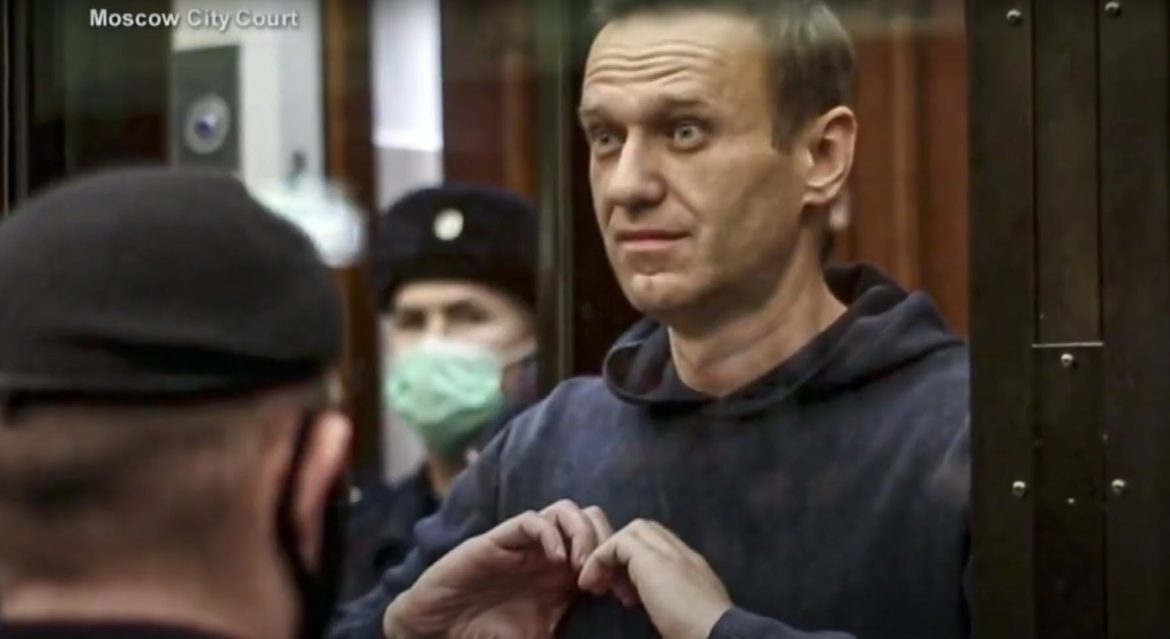The posthumous saga of Russian opposition leader Alexei Navalny has taken a new turn as his body was handed over to his grieving mother. This development follows earlier allegations by Navalny’s widow, Yulia Navalnaya, who accused Russian President Vladimir Putin of ‘torturing’ the corpse of her late husband, a prominent political opponent.
Navalny, a staunch critic of the Kremlin, succumbed to the effects of poisoning in a Russian prison, a case that has drawn international condemnation and heightened tensions between Russia and the West. The recent transfer of his body to his mother adds another layer of complexity to the already fraught circumstances surrounding Navalny’s tragic demise.
In a video statement released prior to the handover of Navalny’s body, Yulia Navalnaya made startling accusations against Russian President Vladimir Putin. She asserted that Putin had played a role in the alleged mistreatment of Navalny’s corpse, describing the act as ‘torture.’ Yulia further condemned the Russian government for its treatment of her late husband both in life and in death.
These accusations have intensified the already strained relations between the Navalny family and the Kremlin. Yulia’s bold statements not only express grief and anger but also fuel the ongoing international scrutiny of Russia’s human rights record and treatment of political dissidents.
The circumstances leading to Navalny’s death are rooted in a poisoning incident that occurred in August 2020. Navalny fell critically ill while on a flight in Siberia and was later airlifted to Germany for treatment. Independent laboratories in several countries confirmed that he was poisoned with a nerve agent from the Novichok group.
The poisoning prompted widespread international condemnation, with many Western leaders, human rights organizations, and governments pointing fingers at the Russian government. The Kremlin, however, consistently denied any involvement and dismissed the accusations.
As Navalny’s body was handed over to his mother, it marked a somber moment for the family and supporters. The circumstances surrounding Navalny’s death, including the contested accusations of mistreatment by the Russian government, continue to draw attention globally.
The grieving mother’s receipt of her son’s body adds a poignant chapter to the narrative, shedding light on the personal toll of political activism in Russia. The handover also raises questions about the treatment of political dissidents and the role of the Russian government in shaping the narrative around Navalny’s demise.
The international community, already critical of Russia’s handling of the Navalny case, is closely monitoring the posthumous developments. Calls for transparent investigations into Navalny’s poisoning and subsequent death persist, with demands for accountability directed at the Russian government.
As Navalny’s story continues to unfold, it serves as a focal point in the broader discourse on human rights, political dissent, and the role of the Kremlin in shaping Russia’s domestic and international policies.


